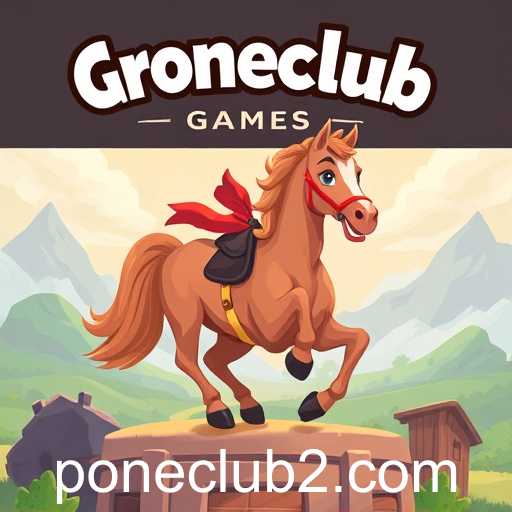In the rapidly evolving landscape of online gaming, the category of 'Grammar Games' on the website using the keyword 'poneclub' has emerged as both an educational tool and a popular entertainment choice. As digital education solutions continue to captivate the interest of learners globally, 'Grammar Games' offers a unique blend of learning and fun, aiming to improve language skills through interactive play.
The concept behind 'Grammar Games' is to integrate fundamental language rules into game mechanics, making the learning process engaging rather than tedious. These games often include activities such as sentence construction, parts of speech identification, and vocabulary enhancement, all designed to reinforce language skills in an immersive environment. The use of 'poneclub' as a keyword further hints at a thematic element, possibly involving playful or equestrian motifs to attract a younger audience.
The rise of educational games on digital platforms is not surprising, given the increasing screen time of both children and adults. Games in this category transform grammar into a series of challenges that players must solve to advance. This gamification of education is proving beneficial, allowing learners to absorb knowledge almost passively while enjoying themselves. In a classroom setting or at home, these games can serve as a supplemental tool, reinforcing what is taught in traditional educational settings or allowing self-directed learning.
What sets 'poneclub' apart in the realm of grammar games is its particular appeal to a community with shared interests in playful, thematic learning. Players are encouraged to participate in quests or missions, making the practice of grammar an adventure rather than a chore. Furthermore, by incorporating scoring systems, leaderboards, and sometimes social interaction features, the platform capitalizes on human competitiveness to drive continuous engagement.
The educational value of 'Grammar Games' is marked not only by the improved linguistic capability of its users but also by the analytical and strategic skills they develop. As players progress, they must often solve increasingly complex puzzles, requiring critical thinking and problem-solving abilities. For educators and parents, the allure of such games lies in their ability to capture students' attention effectively, turning what might be a lackluster grammar session into an exciting learning journey.
Interest in 'Grammar Games' is anticipated to grow as technology and education continue to converge. While educational institutions worldwide seek innovative solutions to make learning more effective and engaging, platforms like the one using 'poneclub' as a cornerstone demonstrate the potential of grammar games to shape the future of education. By transforming passive learning into active play, these games not only enhance grammar skills but also prepare learners for a digital age where adaptability and continuous learning are paramount.








